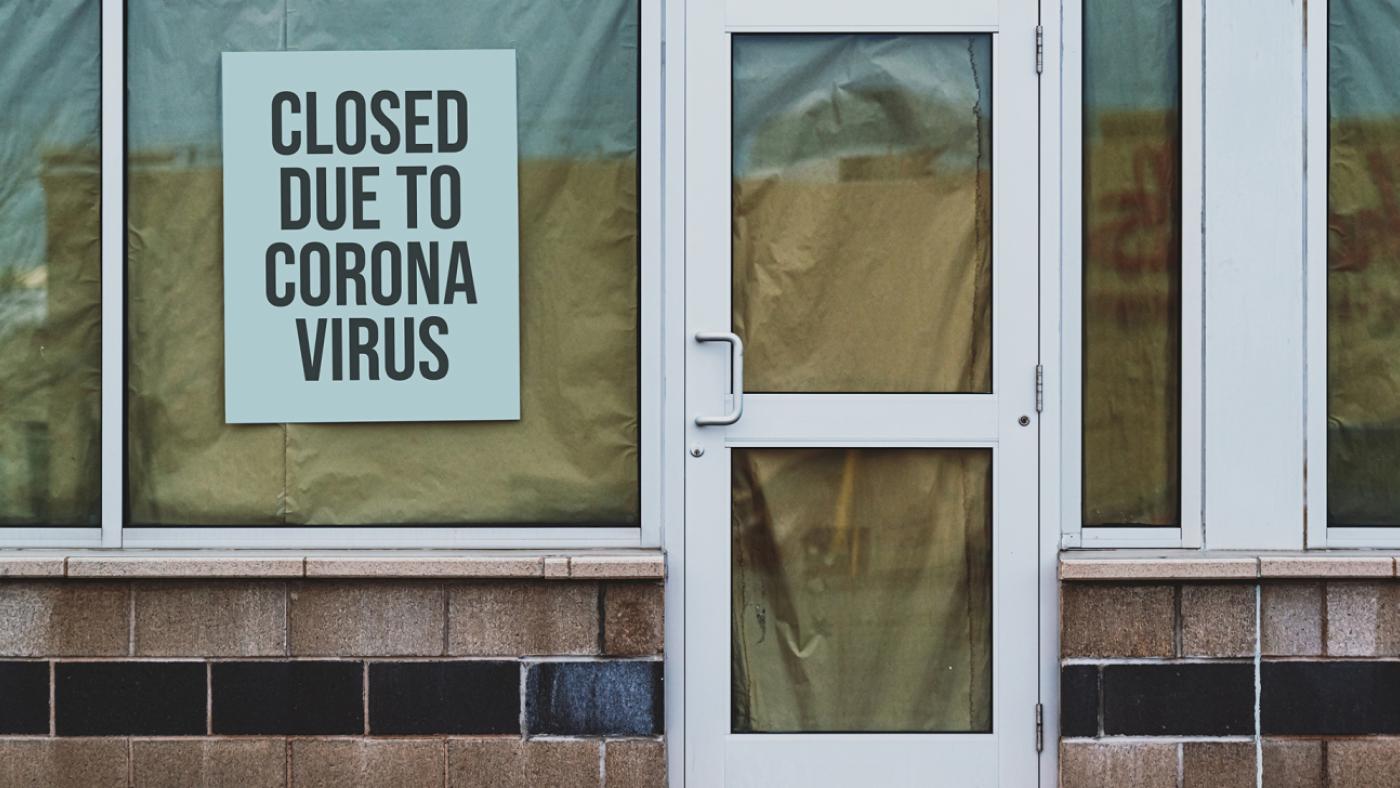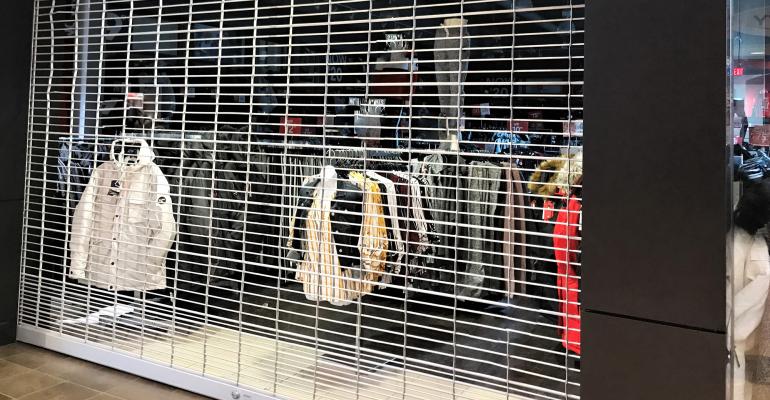Retail tenants having difficulty paying their rents has been a persistent issue since the COVID-19 lockdowns began back in the spring. Even with many states partially or fully re-opened, many retail tenants have continued to struggle.
Nareit’s monthly survey of REIT rent collections has found that rent collections were particularly low in the spring. Retail REITs owning freestanding properties collected less than 80 percent of rents in April, May and June before rebounding to more than 90 percent collection rates in July, August and September. The numbers for shopping center REITs were worse, down around 50 percent in April and May before rising to just north of 80 percent in August and September.
Respondents to our survey reported somewhat higher rates of collection. Means by sub-property type ranged between 76.4 percent (for regional malls) and 83.7 percent (for neighborhood centers) for the April to September period. Respondents anticipated similar rates of collection for the October through December period.
In addition, 86 percent of respondents said that at least some of their tenants had requested rent relief this year. A plurality (37 percent) said that fewer than 25 percent of their tenants had requested relief and another 20 percent said the figure was somewhere between 25 percent and 50 percent. In all, 30 percent said that between 50 percent and 100 percent of their tenants had requested relief.
How those requests have been handled has varied. Just more than half of respondents (54 percent) said they had met less than half of those requests, while 46 percent had met more than half of those requests. At the extreme ends of the spectrum, 11 percent of respondents said they granted no rent relief at all, while 19 percent of respondents said they had granted 100 percent of those requests.
Two-thirds of respondents said that at least some tenants have been forced to close stores this year at their properties. A plurality (48 percent) said that fewer than 25 percent of their tenants had closed stores.
Lastly, we asked readers what potential governmental measures they would support going forward. The most popular option is extending or expanding the payment protection program, with nearly two-thirds of respondents endorsing that measure. Other options included Federal Reserve measures
to backstop capital markets (52 percent), extending the length of time people can collect unemployment (48 percent), extending forbearance periods (42 percent) and extending the amount of money unemployed workers can collect (40 percent). The two least popular measures were rent freezes and eviction moratoriums, both of which were supported by just 16 percent of respondents.
As a result of COVID-19, respondents expect to see delinquencies on real estate loans to continue to rise in the next 12 months. As of September, delinquencies on CMBS loans on retail properties, for example, already stood at 14.76 percent, according to Trepp.
In all, 91 percent of respondents said they expect delinquencies on loans tied to retail assets to rise in the next 12 months. Just four percent said delinquencies would fall. More than half of respondents said delinquency rates would rise by more than five percentage points in the next 12 months. Twenty-seven percent said delinquency rates would rise by 5.0 to 9.9 percentage points and 28 percent said delinquencies would rise by 10.0 or more percentage points.


